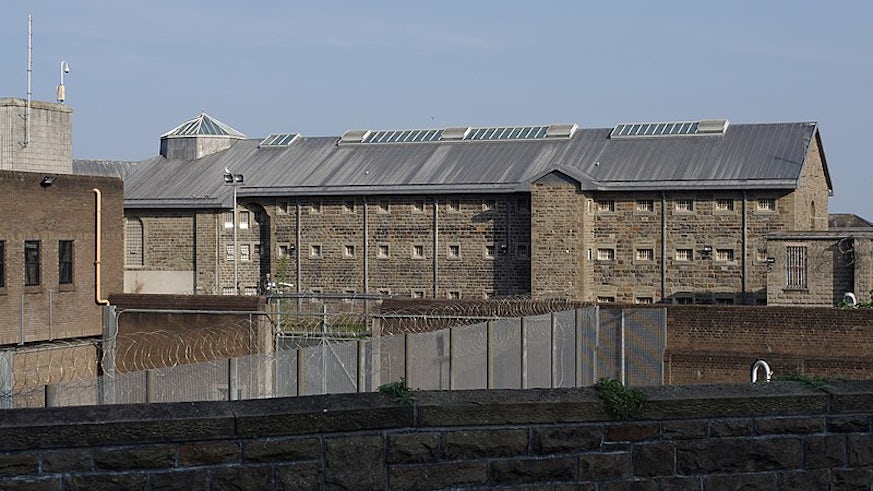Voting rights for prisoners “rendered illusory”, study finds
19 December 2022

Prisoners face widespread “administrative disenfranchisement” from voting, rendering their right to vote “illusory”, according to a new study by academics at Cardiff University’s Wales Governance Centre and the University of Liverpool.
Prisoners have the right to vote under a 2005 European Court of Human Rights ruling, which the UK incorporated into its law in 2017, as a compromise, for limited categories of prisoners.
The academic article by Robert Jones and Gregory Davies, published in the UK’s leading law journal the Modern Law Review, provides the first in-depth empirical investigation of prisoner voting in the UK.
At present, tens of thousands of prisoners are entitled to vote at various UK elections. This includes unconvicted, unsentenced and civil prisoners who can vote postally or by proxy, prisoners on temporary release or home detention curfew who can vote when outside of prison, and people serving sentences of up to one year in Scotland who can vote in devolved and local elections.
For the article, the researchers carried out the first attempt to ascertain the extent to which these voting rights are being exercised. They found that electoral participation among eligible prisoners is extremely low, and is impacted by logistical and communication errors in voter registration, and by electoral administrators’ concerns that aspects of the guidance on remand and temporary licence prisoners are insufficient to be applied consistently.
The article finds that the extent of prisoner disenfranchisement in the UK is likely to be graver than previously thought, and that a full reappraisal of prisoner voting is needed.
A survey of electoral administrators found that 66% had never received an application from a prisoner to vote, and a majority of those who had received such applications had only done so “one to five” times during their entire careers.
Further, the authors argue that this demonstrates that prisoner rights are a poor measure of the existing conditions facing prisoners. Mechanisms and administrative infrastructure allowing rights to be realised are seen as more crucial.
The article concludes that “the barriers faced by eligible prisoners now differ in important respects across the UK's legal and political jurisdictions”, that systematic data should be collected and published, and that supposed legal rights of prisoners can be “fictional” if the means for realising those rights doesn’t exist.
The full article can be read here.